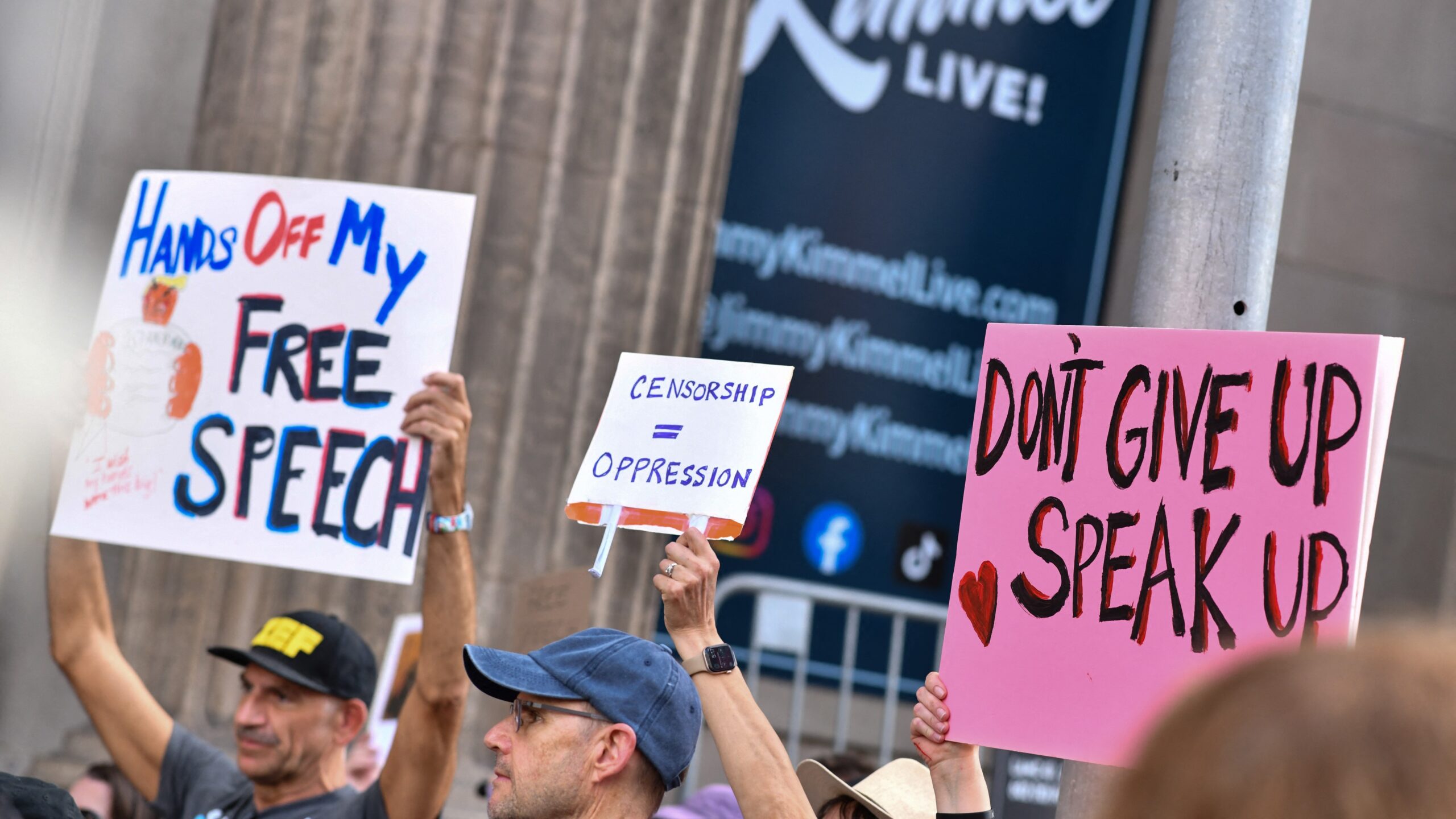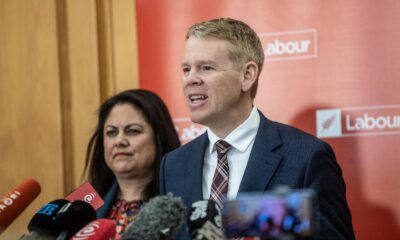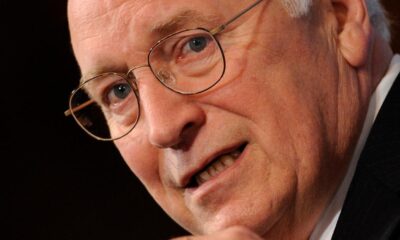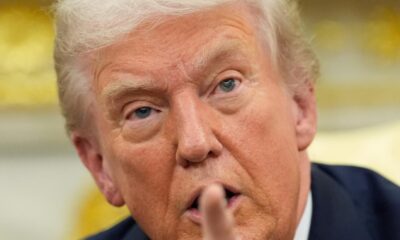Politics
Criticism Mounts as Kimmel’s Suspension Sparks Free Speech Debate

The suspension of late-night host Jimmy Kimmel has ignited a heated debate regarding free speech and media integrity in the United States. Following Kimmel’s controversial remarks about political commentator Charlie Kirk, the head of the Federal Communications Commission (FCC), Jesse Kelly, issued a stern warning to broadcasters, suggesting they could face consequences if they continued to air his show. This response has raised questions about the balance between free expression and governmental oversight.
For many years, late-night talk shows have served as cultural touchstones in American entertainment. Visitors to New York City often sought to attend these live broadcasts, eager to experience the vibrant atmosphere. Yet, as Kimmel’s situation illustrates, the landscape is changing. The suspension of Kimmel, who has built a reputation for his acerbic wit, reflects a broader trend of media companies yielding to political pressure.
The timing of the FCC’s intervention is particularly noteworthy. Just months earlier, JD Vance, the Vice-President and a key figure in the current administration, spoke at the Munich Security Conference. He emphasized the importance of protecting free speech, stating, “Dismissing people… protects nothing. In fact, it is the most sure-fire way to destroy democracy.” The apparent contradiction between this advocacy for free speech and the FCC’s threat to broadcasters highlights a troubling inconsistency in the administration’s approach.
Media companies have increasingly capitulated under pressure from the government. Major organizations like CBS and Paramount have made decisions perceived as tightening their editorial control to align with governmental expectations. Notably, the dismissal of Stephen Colbert shortly after a complaint from the White House underscores this trend. Colbert, known for his sharp critique of the administration, has faced repercussions that raise alarms about censorship.
Comparing the media’s response to government pressure with international reactions to U.S. tariffs reveals a similar pattern of self-interest. Rather than forming a unified front, media executives act independently, prioritizing their corporate interests over collective resistance. This behavior raises critical questions about the long-term implications of such acquiescence.
The notion that yielding to pressure will ultimately protect corporate interests is fraught with peril. History suggests that capitulating to a bully only invites further demands. The implications of Kimmel’s suspension extend beyond late-night television; they touch upon fundamental principles of democracy and expression in America. The idea that a sitting president could dictate which comedians are allowed on television is profoundly concerning and challenges the very fabric of a free society.
As this situation unfolds, it remains crucial for media organizations and the public to uphold the values of free speech and open dialogue. The actions taken now will shape the media landscape and the future of political discourse in the United States. The ongoing debate surrounding Kimmel’s suspension serves as a reminder of the delicate balance between entertainment, expression, and governmental influence.
-

 Sports2 months ago
Sports2 months agoNetball New Zealand Stands Down Dame Noeline Taurua for Series
-

 Entertainment2 months ago
Entertainment2 months agoTributes Pour In for Lachlan Rofe, Reality Star, Dead at 47
-

 Entertainment4 weeks ago
Entertainment4 weeks agoNew ‘Maverick’ Chaser Joins Beat the Chasers Season Finale
-

 Sports1 week ago
Sports1 week agoEli Katoa Rushed to Hospital After Sideline Incident During Match
-

 Sports2 months ago
Sports2 months agoSilver Ferns Legend Laura Langman Criticizes Team’s Attitude
-

 Politics1 month ago
Politics1 month agoNetball NZ Calls for Respect Amid Dame Taurua’s Standoff
-

 Entertainment2 months ago
Entertainment2 months agoKhloe Kardashian Embraces Innovative Stem Cell Therapy in Mexico
-

 Sports5 days ago
Sports5 days agoJamie Melham Triumphs Over Husband Ben in Melbourne Cup Victory
-

 World3 months ago
World3 months agoPolice Arrest Multiple Individuals During Funeral for Zain Taikato-Fox
-

 Sports3 months ago
Sports3 months agoGaël Monfils Set to Defend ASB Classic Title in January 2026
-

 Entertainment1 month ago
Entertainment1 month agoTyson Fury’s Daughter Venezuela Gets Engaged at Birthday Bash
-

 Sports1 month ago
Sports1 month agoHeather McMahan Steps Down as Ryder Cup Host After Controversy




















